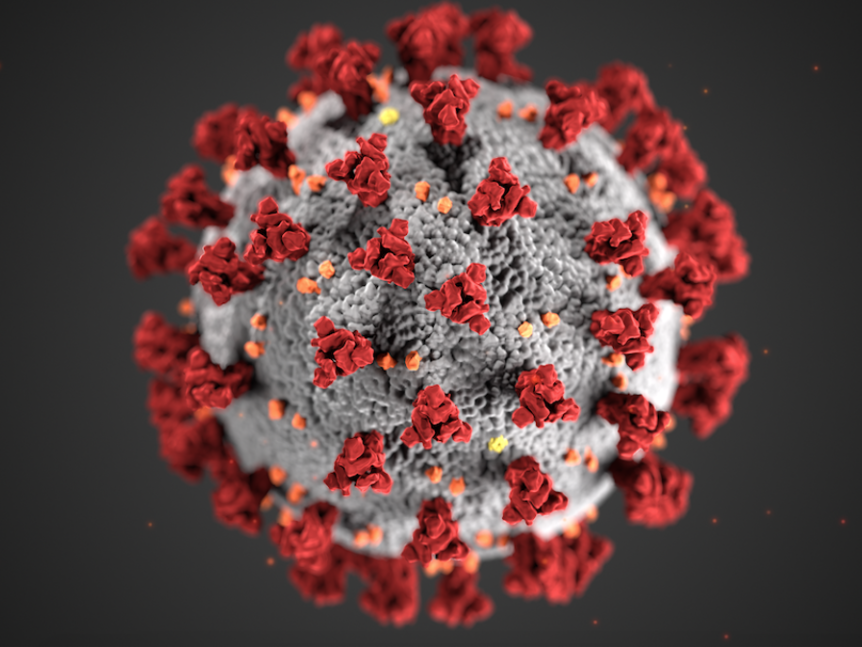Learn about the origins of the ongoing pandemic in our season premiere.
Transcript
Phil Lofton:
Scientists are continuing to trace the beginnings of the virus that has changed the world, but there’s a prevailing theory.
We’re fairly certain that it started far from here, in a city on the Yangtze river.
Wuhan, the capital of China’s Hubei province, is home to 11 million people. It’s a beautiful city, full of parks and lakes, and a skyline that would make your heart break.
Within Wuhan, you can find the Yellow Crane tower, an ancient pagoda that is a sacred site for Taoism, as well as numerous museums full of Chinese history. The waters of Wuhan are full of cruise boats and freighters, and the city’s relationship with travel and commerce is so significant that it’s known by some as the Chicago of China.
It’s a city that deserves to be known, above all, as a city with a rich legacy of opera, cuisine, and design.
It’s also understood to be the place where, late in 2019, a new virus somehow made the leap into the human population.
The specifics of how this happened are still hazy. The most likely story is that the new coronavirus, a type of virus named for its corona or halo-like projections, was originally in the bat population of the area. Somehow, this new coronavirus, which we now call sars-cov2, was able to infect a human.
The virus, highly contagious, was spread from person to person. Cases multiplied quickly, and international travel and commerce served to provide a wide gateway for the new coronavirus out into the rest of the world.
Five months on, and now we face a new reality, a new language, and an ongoing crisis.
Welcome to The Problem. I’m your host, Phil Lofton.
[Theme]
Six months ago, very few of us, even the most introverted, would’ve ever used the phrase social distancing. If we heard the phrase flattening the curve, we might have assumed that someone was talking about golf.
The COVID-19 pandemic has taught us a new language. It’s led us to embrace new technologies as we try to continue our jobs in new settings.
It’s rewritten our rules of employment, our codes of public conduct and so much else. But more than anything, it’s given all of us the unshakable perspective of knowing what it’s like to live through history.
Here in Indiana, the Regenstrief Institute is continuing our mission of connecting and innovating to provide better care and better health.
We’ve partnered with our state government to help get better, more transparent data into the hands of people who need it most.
Our faculty have stepped up in all of their arenas, from nursing home care, data visualization, and management of chronic stress. Alongside their innovations in research, many of our faculty have also been at the front lines of clinical care, directly combatting the virus head on.
In previous seasons, The Problem has focused on significant healthcare issues that are affecting our society on the whole.
We’ve looked at the opioid crisis, and Alzheimer’s disease, and heard stories of research scientists alongside stories of those directly impacted by these issues.
This season, The Problem is focusing on the ongoing COVID-19 pandemic that has gripped our world.
Over the course of the season, we’ll be looking at how COVID-19 has impacted society, examining its reach into elder care, physician burnout, dentistry, and many other areas.
We’ll look at how it has impacted public policy, and examine how easy-to-understand data has helped keep officials and members of the public ahead of the curve, even as they attempt to flatten it.
In addition to highlighting how the Institute is helping fight the pandemic, we’ll also be including some interviews with our researcher-clinicians. In these “behind the mask” segments, we’ll look at how the pandemic has changed their practice of medicine, what they miss most about regular care, and how they’ll carry forward the lessons they’ve learned during this time.
We’re likely far from a vaccine. Testing isn’t yet being performed as widely as it should be. There’s much about the virus and its effects on society that we simply don’t know yet, and won’t know for quite some time.
While we work hard, researching treatments, providing information to those in power and the general public, and treating the disease as it manifests, we also have to learn how to live and stay healthy within the new reality woven by this virus.
Join us this season, as we hear from the scientists that State Health Commissioner Dr. Kristina Box called the brightest minds in Indiana on how we’re improving health in the time of COVID-19.
We’ll see you then, on The Problem.







